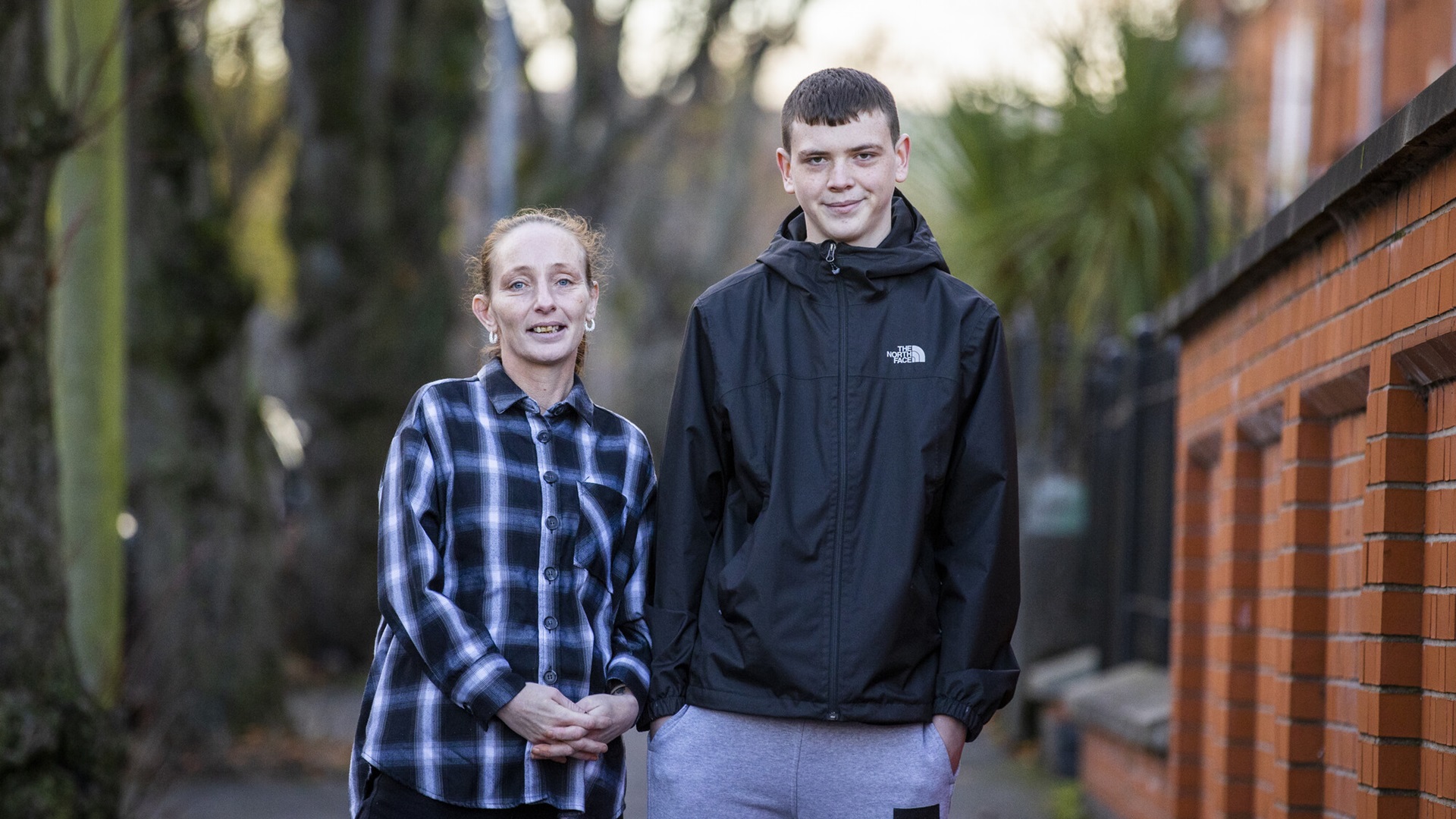To achieve this the next government must look to both the long and the short-term. Committing to building 90,000 social homes per year over the next decade will help build a society where good quality, affordable homes are available to all.
Meanwhile, raising the local housing allowance rate will allow people on low incomes to find affordable properties in the private rented sector.
The Big Issue is calling on the Prime Minister to make sure everyone can afford to stay in their homes and pay for the essentials. Will you join us and sign the petition?
Your support changes lives. Find out how you can help us help more people by signing up for a subscription
Every arm of government working together and playing their part
Homelessness is often about much more than just housing. Experiences of trauma throughout people’s lives can lead to a network of interconnected support needs which leave people at much higher risk of losing their homes.
Advertising helps fund Big Issue’s mission to end poverty
Preventing and ending homelessness cannot therefore be the responsibility of just one government department. Indeed, in recent times we have seen repeatedly how contradicting policies from different departments serve to further embed and increase homelessness. The next government should therefore adopt a cross-government strategy to end homelessness, led by a new task force directed by Cabinet Office.
A homelessness system that works for all
The identities and needs of people experiencing homelessness are incredibly diverse. We know that if personalised, trauma informed care is embedded as standard, we can find the solutions to ensure no one is left behind. Despite this, the current system pushes homelessness providers towards one-size-fits-all approaches, with access to specialist support often based more on where you live rather than what you need.
The diversity of need within the homelessness sector requires an ecosystem of services working together. Day centres, emergency accommodation and supported accommodation each play a crucial role, with trauma informed care at the heart of this. Ensuring commissioning and funding structures can deliver a diverse network of services is therefore vital.
Sustained investment in preventing and ending homelessness
Since 2010, Homeless Link’s research found that the number of accommodation services for people experiencing homelessness has fallen by 38%. At the same time, rough sleeping has risen dramatically. This is a result of a funding system propped up by short-term contracts and grants alongside major reductions in government spending.
Get the latest news and insight into how the Big Issue magazine is made by signing up for the Inside Big Issue newsletter
But investing in homelessness support makes economic as well as moral sense. Research from PwC shows that every £1 invested in ending homelessness generates an estimated £2.80 in wider savings and benefits across departments.
Advertising helps fund Big Issue’s mission to end poverty
Replacing the existing homelessness funding structure with a single ring-fenced homelessness support fund will give the sector the stability it needs to in turn provide stability and support to people experiencing homelessness, saving public money in the long-term.
Rick Henderson is the CEO of Homeless Link, the membership body for frontline homelessness services in England
Do you have a story to tell or opinions to share about this? We want to hear from you. Get in touch and tell us more.





